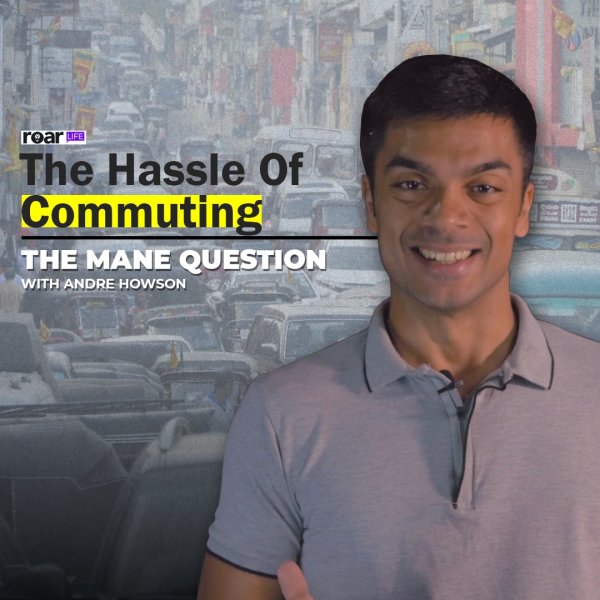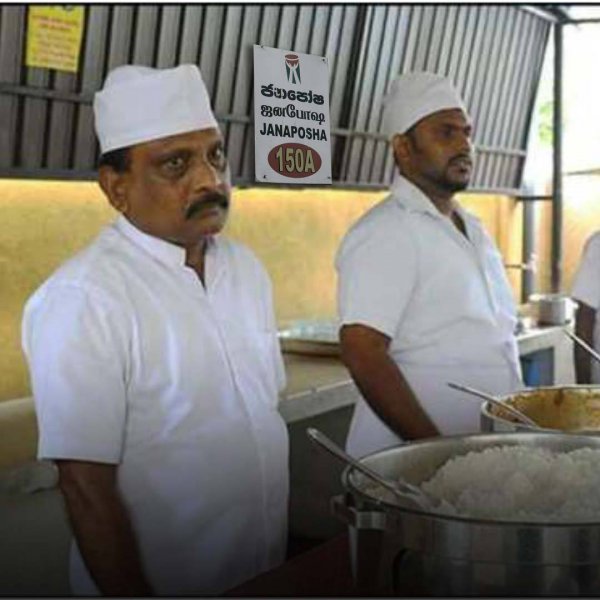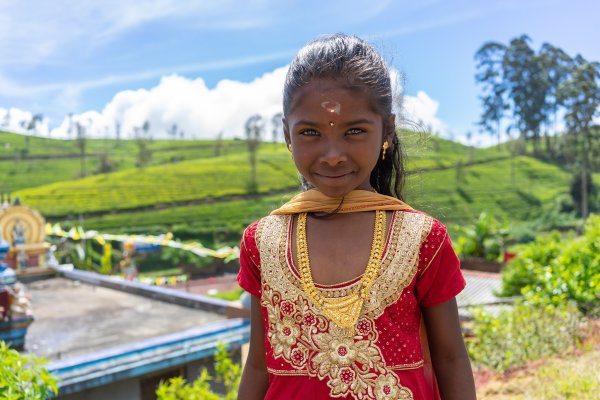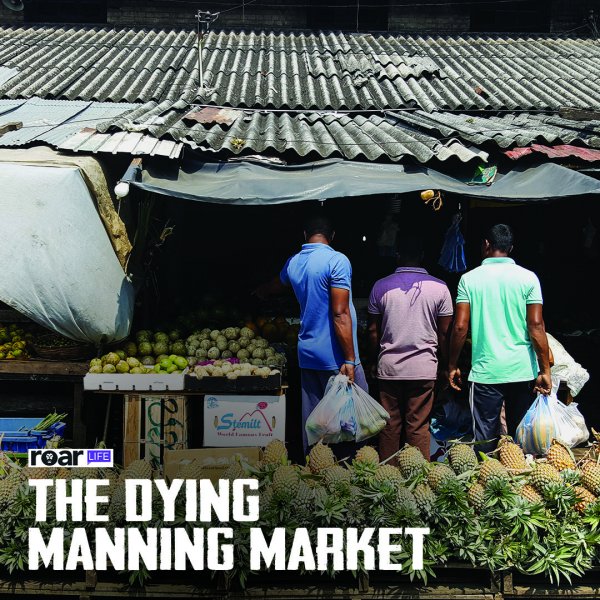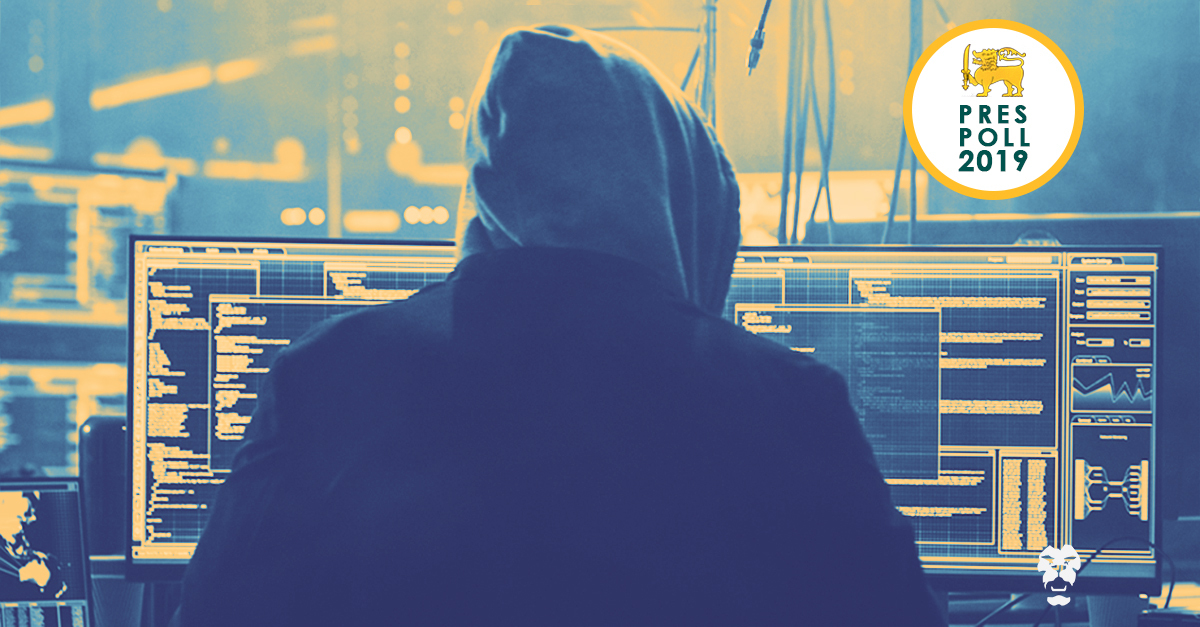
With four more days to go for the election, we can’t help but reflect on the campaigns of the candidates and wonder how effectively social media was used to sway the public in one direction or the other.
Election campaigns are all about winning voters’ hearts and minds, and campaigners may adopt various strategies for this. These may include rational persuasion, emotional appeals, mobilising peer networks, celebrity endorsements and even mass deception.
Digital Manipulation
For centuries, candidates used public speaking and pamphleteering to get elected. But with the rise of organised mass media, campaigns began using newspapers, radio and TV. Today, campaigners and voters both take to social media to discuss and debate politics.
The manipulation of citizen sentiments is nothing new in elections. But digital media has allowed new ways of opinion manipulation, and evidence of this and analyses on the subject have been mounting in recent years—that should concern voters, candidates and election authorities.
A global study—published a few days ago—highlighted how politicians and ‘hyper-partisans’ are using digital means to manipulate elections around the world. It is a key finding in the Freedom on the Net 2019 report issued by the Washington DC-based advocacy group Freedom House.
“Digital platforms are the new battleground for democracy. Shaping the flow of information on the Internet is now an essential strategy of those seeking to disrupt the democratic transfer of power through elections,” the Freedom House researchers wrote.
FOTN 2019 assessed Internet freedom in 65 countries that account for 87 % of the world’s Internet users. In its coverage period between June 2018 and May 2019, 30 countries had held elections or referendums.
The FOTN 2019 report pointed out that 24 of these 30 countries had been affected by ‘informational measures’: or when ‘online discussions are surreptitiously manipulated in favour of the government or particular parties’. Social media is the primary vehicle for doing so.
In 2017, Freedom House identified five major methods of online content manipulation:
- Propagandistic news
- Outright fake news
- Paid commentators
- Bots (automated accounts) and the
- Hijacking of real social media accounts.

From Without To Within
In the beginning, much of the attention around social media manipulation around elections was focused on meddling by foreign regimes. In fact, authoritarian powers like Russia and China have been implicated in cyberattacks and information warfare in democratic states.
But now, a new menace to democracy has risen from within, ‘as populist leaders and their armies of online supporters seek to distort politics at home,’—as the FOTN 2019 reports.
“Authoritarians and populists around the globe are exploiting both human nature and computer algorithms to conquer the ballot box, running roughshod over rules designed to ensure free and fair elections,” Freedom House President Mike Abramowitz explained further.
Research has documented different techno-strategies being used in different countries. Two examples are:
- Micro-targeting, which relies on gathering and processing large volumes of a consumer’s demographic, psychographic, geographic and behavioural data on social media or search engines. Big data analysis enables the mapping of each user’s buying behaviour, interests and opinions. While this is a lawful marketing approach, concerns arise when election campaigns acquire such datasets to break down the voter population into very specific segments and then customise messaging as we now know was done in the UK Brexit referendum of June 2016 and US presidential election of November 2016.
- Micro-influencers, who mix political endorsements among sexually suggestive images and pop-culture news. This is another strategy noticed in May 2019 general election in the Philippines. Unlike direct campaign advertising on social media platforms that are coming under scrutiny for content and spending limits, these sponsored posts cost less and, in the sharing-driven dynamics of social media, appear more authentic too. Many recent elections have seen manipulations at a more crude level, involving the cynical spreading of disinformation, conspiracy theories and inflammatory views that vilify or target specific ethnic or religious groups. And these are dominant trends in #PresPoll2019 too.
Monitoring Platforms
Such ‘weaponising’ of social media by political interests poses a tough challenge for democracies. The question of how to balance free speech (without resorting to censorship or excessive regulation) while containing its excesses has not been effectively answered yet.
All key social media platforms have their own rules—Facebook has its Community Standards and YouTube has its Community Guidelines to address precisely these misuses. In reality, however, monitoring billions of items of content is difficult, and determined rule-breakers can keep finding new ways to rig the rules.
Election authorities try to ensure that campaign activities stay within what is allowed by local laws and regulations, so that voters are not unduly influenced and all candidates contest on a level playing field.
For example, on September 21, Sri Lanka’s Election Commission gazetted media guidelines for #PresPoll2019. Social media is mentioned twice in these guidelines—Section 30 requires administrators of social media sites to follow these guidelines as applicable to them, during an election and Section 31 says it is both the duty and responsibility of mass media owners as well as administrators and users of social media to adhere to these guidelines.
It is not clear, though, whether and how the Election Commission can monitor the very large volume of user-generated content to ensure compliance, or most importantly, what action can be taken against violators, especially those using pseudonymous accounts, or accounts that are managed by proxies but not directly linked to campaigns.
To be sure, mainstream media is also guilty of spreading numerous fabrications, half-truths and prejudices: If public opinion in Sri Lanka were a lake, it is the local TV channels, followed by radio, that are still making the most prominent waves.
In comparison, social media create only ripples at the moment—but they have the potential to muddy or poison the whole ‘water’ of the public psyche to an alarming extent.

